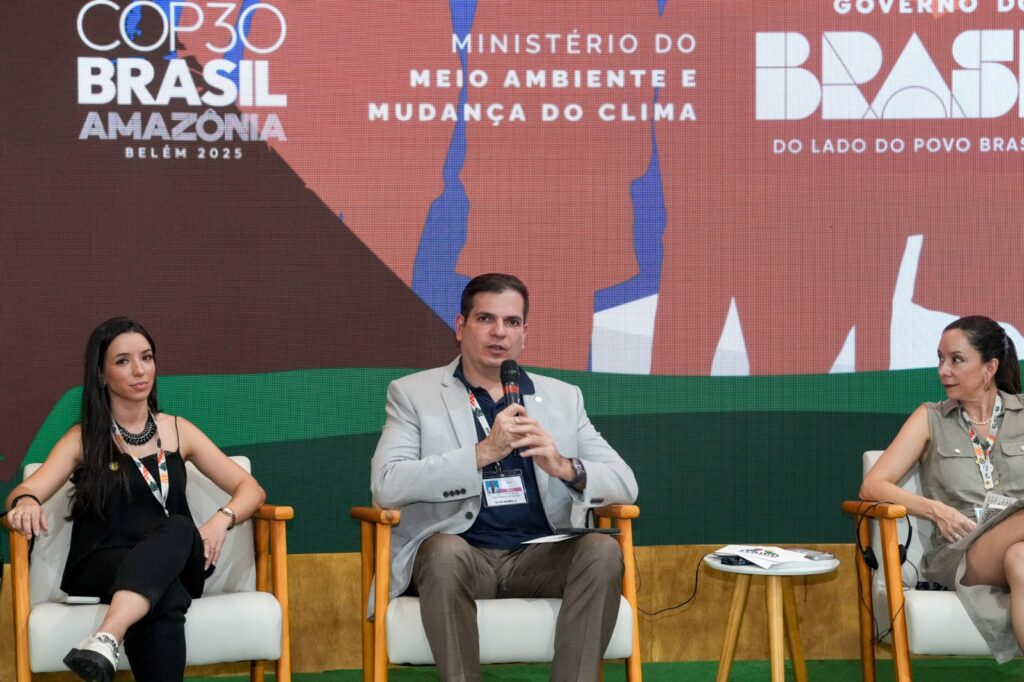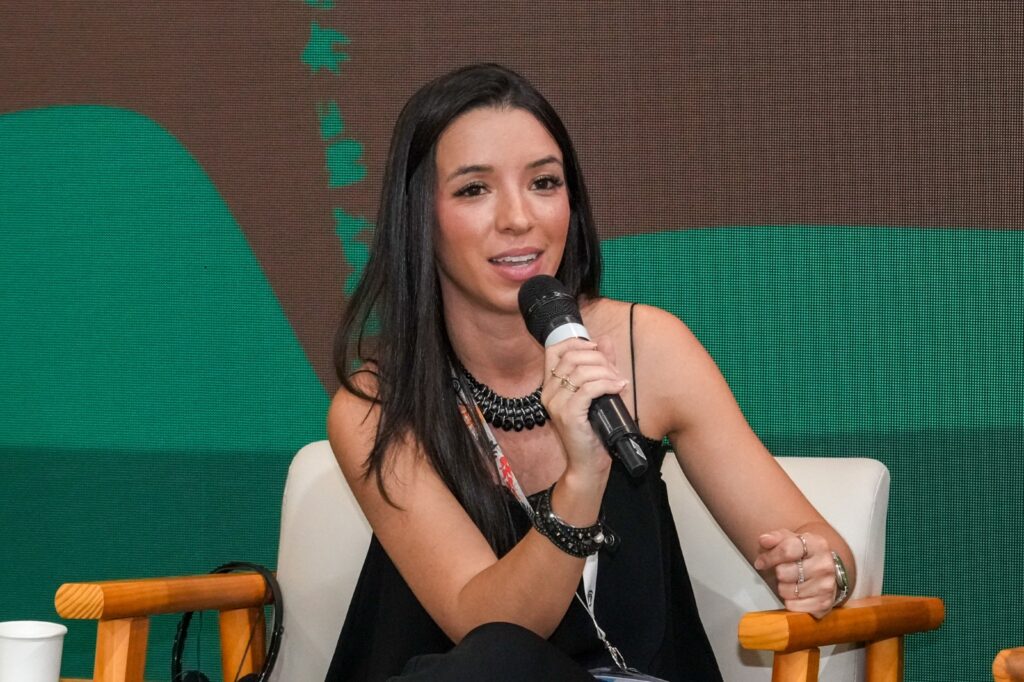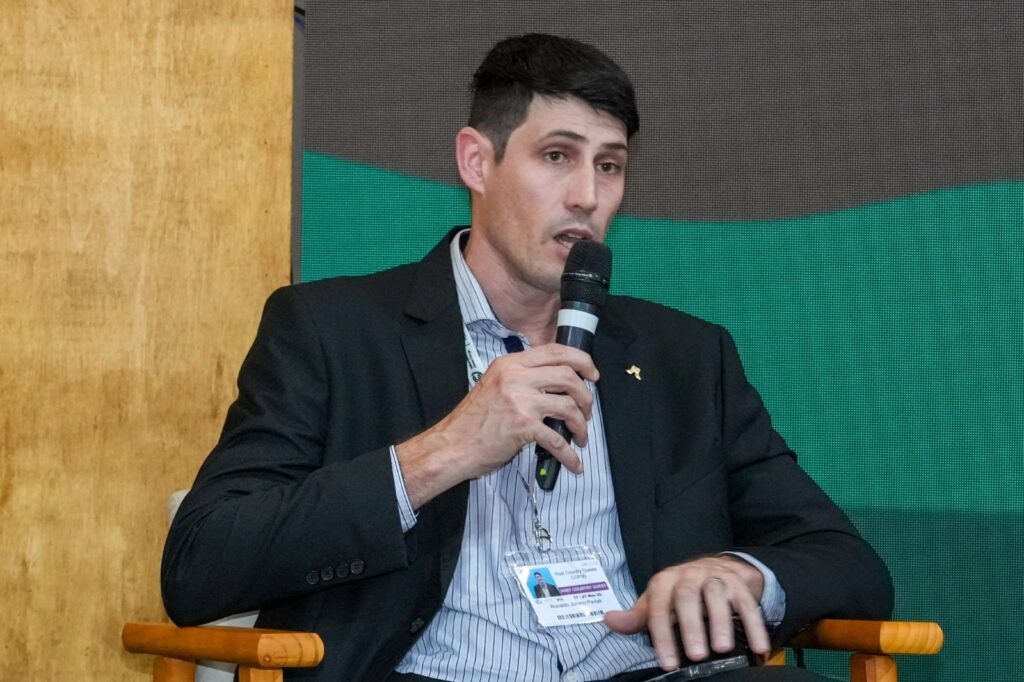Topic featured in a debate promoted by Itaipu Binacional at COP30 in Belém on Monday morning (17th)
Itaipu Binacional held, this Monday (17th) at COP30 in Belém, the event “Forest, Water and Bioeconomy: Innovation and Sustainability to Address the Climate Emergency.” The discussion included representatives from Banco do Brasil (BB), Instituto Socioambiental (ISA), and the Amazon Cooperation Treaty Organization (ACTO), and addressed one of the central themes of this COP: the need to protect ecosystems to curb climate change.
In this context, the bioeconomy stands out as one of the main strategies not only to keep the forest standing, but also to benefit the people who help protect it. This is because it provides a way to transform natural wealth into an asset capable of generating development while promoting resilience, adaptation, and climate-change mitigation.

“We need ambitious responses to protect forests and aquatic ecosystems, while at the same time supporting productive chains that generate jobs, income, and social inclusion,” said Itaipu’s Chief Financial Officer André Pepitone, who moderated the debate. “Bioeconomy is one such response. But to advance it, we must overcome a few bottlenecks, especially limited infrastructure, low valuation of forest products, and insufficient investment in science,” he added.
Itaipu, represented by agronomist engineer Ronaldo Pavlak (Brazil) and by Walter Groehn (Paraguay), manager of the Biosphere Reserve project, presented its binational strategy based on the preservation and conservation of the Atlantic Forest on both sides of the reservoir, with more than 100,000 hectares of this biome protected.
In addition to conservation activities, Itaipu has implemented initiatives to develop the local bioeconomy, using biodiversity as a driver for income generation, such as the cultivation of medicinal plants native to the region; the development of the honey production chain—especially varieties produced by native stingless bees; technical assistance for agroecological production and the implementation of agroforestry systems, currently reaching more than 7,000 family farmers; and support for Indigenous communities.
Rodrigo Junqueira, Executive Secretary of ISA, emphasized the diversity of the many bioeconomies that exist according to the realities of each territory, and the role these territories play in climate regulation. He also stressed that ecosystem restoration strategies cannot move forward without including people. “It’s important to bring visibility to the people who protect the forests,” added Cassiane Lopes, Manager of Bioeconomy and ESG Solutions at Banco do Brasil.
The central role of people in conservation processes was also highlighted by ACTO’s Administrative Director, Edith Paredes. According to her, even though ACTO is an organization dedicated to diplomatic and technical multilateral cooperation on topics such as bioeconomy, water, and forest protection, there is a strong focus on involving communities. “It is essential that community leaders—including Indigenous and Afro-Brazilian quilombola groups—be part of the decision-making process,” she stated.



